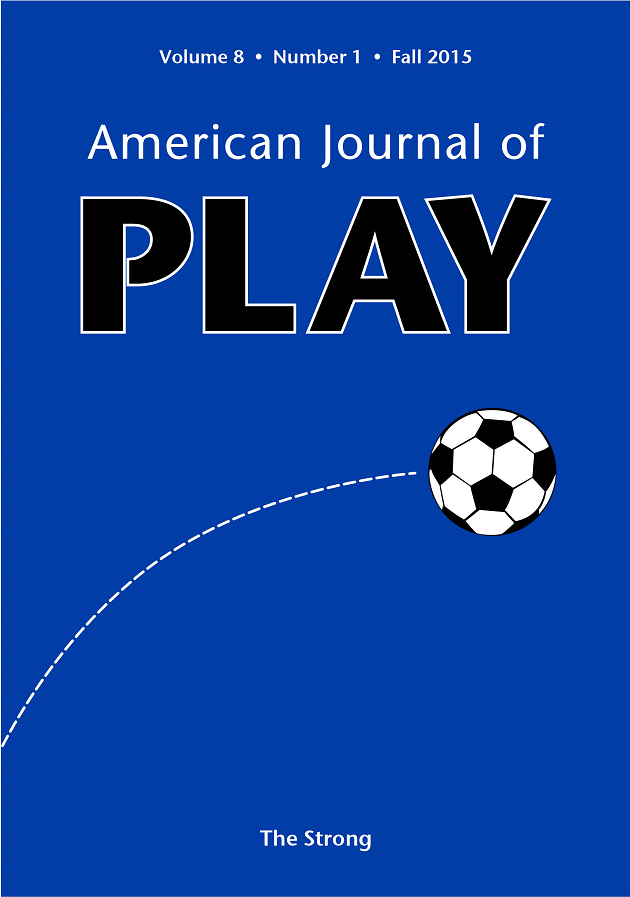In Tune with Play and Therapy: An Interview with Phyllis Booth
Phyllis Booth is a licensed marriage and family therapist, a licensed clinical professional counselor, a registered play therapist and supervisor, and Clinical Director Emeritus of the Theraplay Institute in Evanston, Illinois. Her professional career includes training in clinical psychology at what is now University of Chicago Medicine, teaching at the University of Chicago nursery school and serving as a consultant to Head Start in Chicago, working as a clinical associate at London’s Tavistock Institute, studying with British psychiatrist John Bowlby and pediatrician and psychoanalyst D. W. Winnicott, and spending a year at London’s Anna Freud Center, which specializes in child psychoanalysis. Along with developmental psychologist Ann Jernberg, Booth helped establish the theoretical underpinnings of the Theraplay approach to child and family therapy. Later she developed the training program for Theraplay and designed the certification practicum for therapists who employed the method. She has trained therapists in the United States, Canada, the United Kingdom, Finland, and South Korea and is the author of Theraplay: Helping Parents and Children Build Better Relationships through Attachment-Based Play, now in its third edition. In this interview, Booth recalls her childhood play experiences, talks about her mentors and intellectual progenitors, discusses advances in the theory and practice of play therapy, and recalls resistance to and rewards in the field of play therapy during her career. Key words: attachment theory; attunement: child therapy; family therapy; Group Theraplay; John Bowlby; Theraplay





